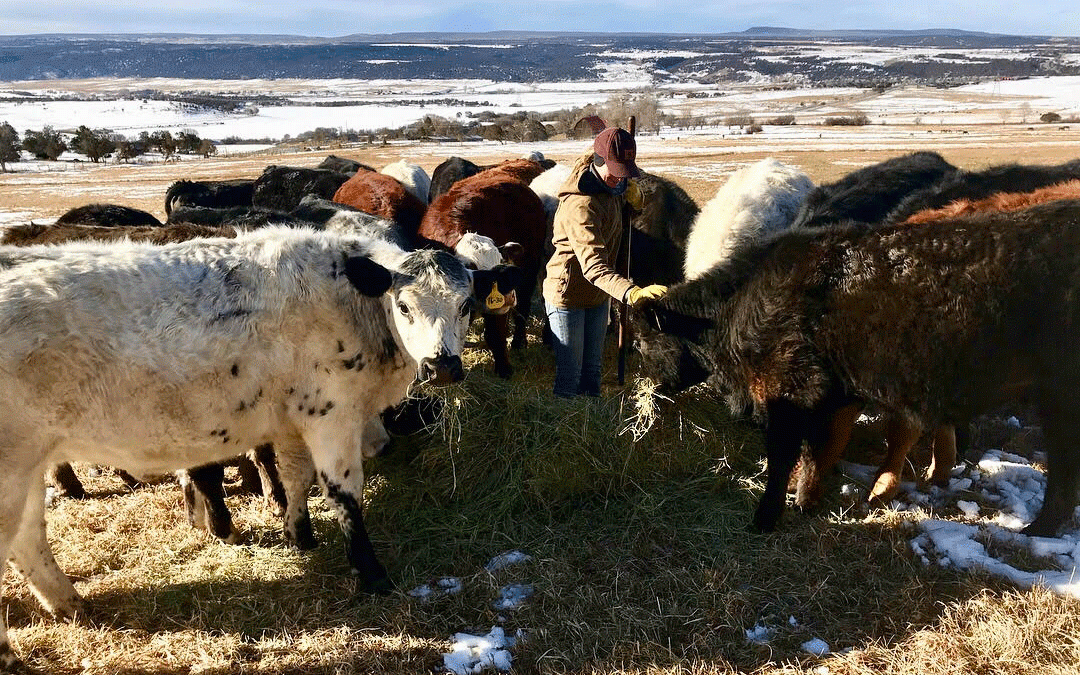- An Alliance For Community Action
- (970) 256-7650
- info@WesternColoradoAlliance.org
Farm Bill passage nears, changes needed in NAFTA 2.0
Congress makes progress on conservation and energy, but a new Country of Origin Labeling deal is key for family farms and ranches
from the Western Organization of Resource Councils
With the release of the final conference committee version of the 2018 Farm Bill, and with a looming 2019 Congressional debate over the renegotiated NAFTA, the Western Organization of Resource Council’s Agriculture and Food Team Chair, Phillip “Wink” Davis of Hotchkiss, Colorado, issued the following statement:
“This Farm Bill makes modest progress in a few key areas, and we applaud Congress for the steps it has taken. We appreciate the Farm Bill’s progress on rural renewable energy, programs that support new and beginning farmers, and on conservation. However, there’s much work to be done to address systemic problems driving family farms to bankruptcy.*
“The Farm Bill is a step in the right direction, but Congress also needs to enact thoughtful trade policy reforms as the next key step to alleviating the farm crisis. Chiefly for livestock producers, we want to see a side agreement tacked on to the renegotiated NAFTA that reinstates Country of Origin Labeling (COOL) for American pork and beef. People want to know where their food comes from, and they want to support U.S. ranchers. But in 2015, the multinational meatpacking trusts lobbied Canada and Mexico to challenge American origin labeling as a free-trade violation. Congress flinched and removed COOL from national origin labeling requirements.
“You know the country of origin of everything else you find in your local grocery. Removing country of origin labeling hurts hog farmers and cattle ranchers by driving down their prices as they compete with imported beef and pork. It also robs consumers of making informed choices as to where their food dollars go.
“Congress and the President need to do more, and must exhaust all options for America’s family farms. They must get to work immediately on restoring COOL, and the next step includes renegotiated NAFTA that gets Canada and Mexico to drop their challenge to beef and pork origin labeling, and sees them stipulate to not bringing future challenges to American label laws for beef and pork. We must see COOL restored in this coming year.”
###
The Western Organization of Resource Councils (WORC) is a network of eight grassroots organizations in seven Western states (including Western Colorado Alliance for Community Action) with 15,000 members, many of them ranchers and farmers committed to common-sense reform in agriculture, oil and gas development, coal mine reclamation, and rural economic development. Headquartered in Billings, Mont., WORC also has offices in Colorado and Washington, D.C.
__________
* We note that a November report from the Federal Reserve Bank of Minneapolis showed 84 farms filed for bankruptcy in 2018, in a region that covers the Dakotas, Montana, Minnesota and Wisconsin. That’s more than double the figures from 2013 and 2014.
After working for our Alliance for 32 years, Brenda retired in 2018 and took a two-year hiatus before rejoining the fold as a board member. She is a treasure trove of little known facts about the organization after managing everything from the membership database to our communications. Her other interests include dabbling in a number of artforms, hiking, botany (her college major), t'ai chi and chi gung, and swing dancing. With roots in western Washington state, she has lived in Montrose with her husband Kevin since 1984.


